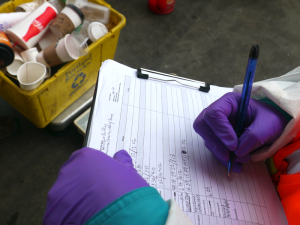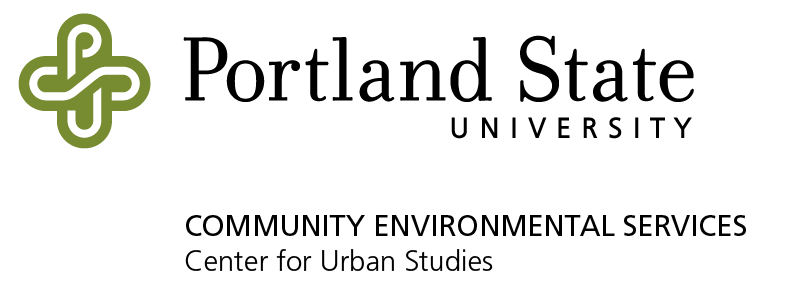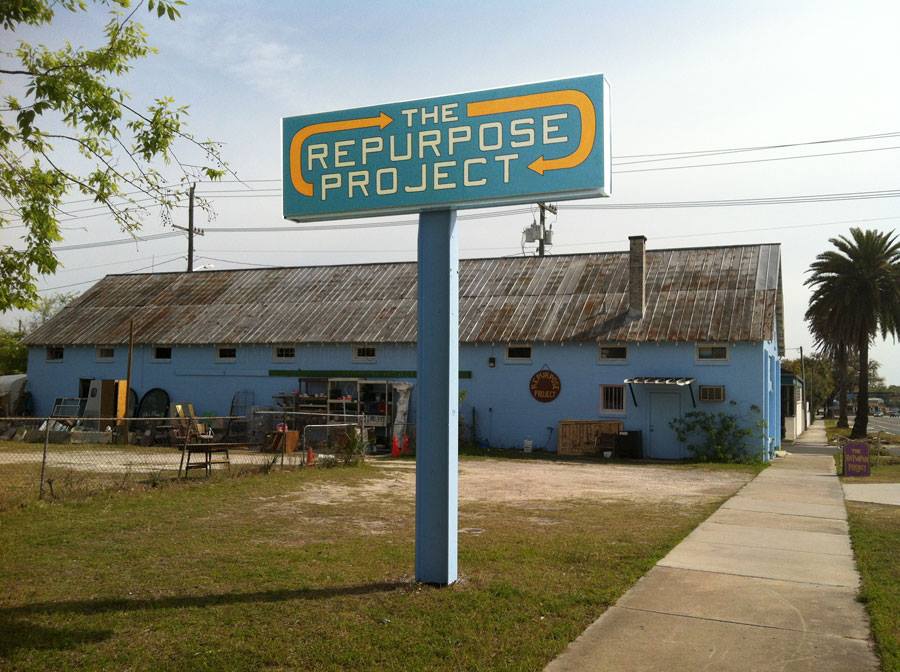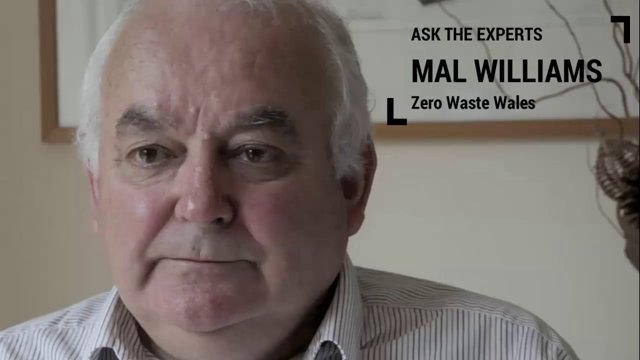The movement for zero waste in the U.S. has literally exploded in the last few years in both theory and practice. Scores of communities have resolved to start on the pathway to zero whose short definition is the reduction of waste generated by 90% or more. Many have taken firm steps to achieve this goal within a decade including Austin, San Francisco, and Los Angeles. Many more, like Alachua County, FL, Portland, OR and Seattle, WA have implemented zero waste programs without formally announcing a zero waste goal. The learning curve for these cities and counties that may follow have been made easier by new resources such as the Zero Waste Business Plan adopted by the Resource Recovery Department in Austin, TX. and the statements on Extended Producer Responsibility issued by the Global Recycling Council of the California Resource Recovery Association and the Zero Waste International Association. Paul Connett’s recently published book, The Zero Waste Solution, is the newest asset now available for zero waste planners and advocates.
Two guiding principles of zero waste that emerge from recent experience are clear:
+ The need to use colleges and universities to inculcate the values, concepts and practices of zero waste while students are under the stewardship of our advanced education system. As Connett points out, next to the need to end war, higher education has no more important task than to teach zero waste and sustainability on college campuses.
+ The corollary to this maxim is the preparation of students in high school and college for jobs and careers in the management of discarded resources in public and private facilities. Thus in the last few years, the California Resource Recovery Association, under a grant from the Federal Department of Labor has funded state accredited curricula in sustainable resource management at colleges — Irvine Valley, Santa Monica and Golden West Colleges. 500 students were trained, 250 of which have been placed in full time jobs, demonstrating the demand in the economy for a work force that knows how to reduce waste and increase revenue from resource management.
 Community Environmental Services (CES), a non-profit research and consulting wing at Portland State University, has been applying both of these core zero waste goals since 1989. Eric T. Crum (MPA, Portland State U.) is the Director of CES, and Nate Forst (MBA, Portland State U.) serves as Research and Development Manager for the program whose labor force is a combination of PSU faculty, undergraduates, graduate, and PhD. students. CES provides both high quality technical assistance and research services to the region, and provides students the opportunity to apply their academic work in real world settings. Students are paid for their work as they get academic credits. Wage rates range from $10.50 to $20 per hour.
Community Environmental Services (CES), a non-profit research and consulting wing at Portland State University, has been applying both of these core zero waste goals since 1989. Eric T. Crum (MPA, Portland State U.) is the Director of CES, and Nate Forst (MBA, Portland State U.) serves as Research and Development Manager for the program whose labor force is a combination of PSU faculty, undergraduates, graduate, and PhD. students. CES provides both high quality technical assistance and research services to the region, and provides students the opportunity to apply their academic work in real world settings. Students are paid for their work as they get academic credits. Wage rates range from $10.50 to $20 per hour.
Initiated under the tenure of Professor Barry Messer, CES’ first project was a contract with Portland’s Metro Regional Council of Governments to design and implement recycling among multi-family apartment units. CES and Portland Metro have partnered on numerous projects ever since.
Over time, the scope of CES services has expanded to include a multitude of offerings including in-depth technical assistance, data collection and analysis, outreach strategies encompassing education and public awareness, and specialized sustainability training. Most recently, CES has expanded their services to also include complete purchasing supply-chain lifecycle analysis and carbon foot-printing. The CES team has conducted over 300 audits for private businesses and public agencies. In each area of focus, students gained more and more depth and scope of skills, preparing them for careers in resource management, consulting, and policy. Most students are drawn from PSU’s renowned urban studies program, but CES’ reach includes business students, geography, architecture, environmental management and real estate development. The market demand for this trained workforce continues to be robust, offering potential employers an additional skill set that traditional degrees do not provide.
Starting in 2003, CES students have been embedded at the Portland International Airport as part of the Port Technical Assistance Program (PTAP). Here, the PTAP team has focused on materials management and waste minimization for all Port facilities, with emphasis on the airport infrastructure.
This decade-long partnership between CES and the Port of Portland has led to the development and implementation of sustainability initiatives that have paved the way for best practices regarding improved airline waste management including large-scale food waste diversion, and specialized liquid waste diversion. This liquid collection program has reduced waste hauling costs for the Port of Portland and resulted in unanticipated savings in janitorial costs. Similar liquid collection stations have been implemented at many other airports across the U.S. The PTAP program continues to improve processes, reduce waste hauling expenses, and advance materials management.
Similarly, CES has worked with the City of Portland on numerous projects to increase participation in recycling, collect and analyze data, develop pilot projects, and implement/evaluate waste minimization programs. In 2010, when the City of Portland piloted its’ Portland Composts! program it turned to CES to help roll out the residential food waste collection system.
Recently, CES has also seen significant growth in demand from the private sector including new clients such as Whole Foods, Daimler North America, IKEA, CH2Hill, Marriott and Double Tree hotels, with all seeking material assessments and/or technical assistance.
Additionally, as major grocery chains look to change the culture of their companies at the management, worker, and customer levels, CES is able to offer detailed material assessment analyses to help strengthen the economic, environmental, and social case for these improvements. Grocery chains, such as Whole Foods and New Seasons Market (a Portland-based grocery chain which posted an impressive 92% landfill diversion rate) have been better able to make continuous programmatic improvements and better communicate their internal successes by partnering with CES.
CES has been at the forefront of product end-of-life programs for businesses, higher education, and the public sector in the Portland-region for over 24 years. Looking forward, the organization sees an increasing focus on identifying waste and reducing impact by focusing on upstream analysis of product and service procurement, as the majority of carbon impact associated with materials management (over 90 percent) occurs prior to disposal.
To help improve material management practices further up the supply chain, CES has begun using an Oregon-specific consumption based economic input LCA model, developed by David Allaway of Oregon DEQ, to provide in-depth carbon emission intensities of the individual products that businesses and Oregonians consume every day.
As CES looks to the future, one area of development will be working with other colleges and universities seeking to replicate the CES model and scale skills/career development opportunities for students interested in all aspects of an emerging zero waste economy. Combining real-world job experience, tuition remission, and a livable wage for students with research-into-action opportunities presents a unique win-win opportunity for universities and businesses across the country.
As the zero waste paradigm replaces the ‘burn and bury’ and ‘integrated waste management paradigms’ of this generation, organizations such as CES and other academic units that adopt the CES model will be at the forefront. As such, both the zero waste culture and the skilled workforce needed to sustain it will have made a critical and necessary contribution to an economy that can provide an ample life for all while treading as softly as possible on the environment.
Website: http://www.pdx.edu/ces/home
Contact : Nate Forst





